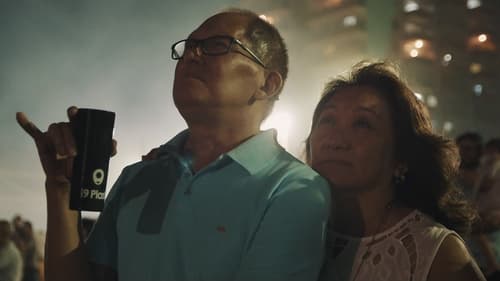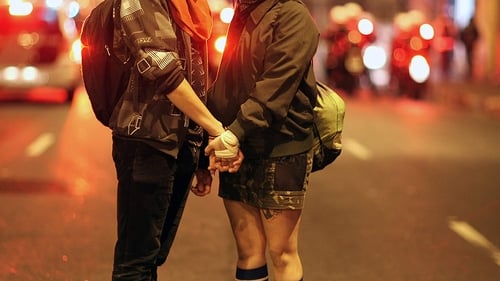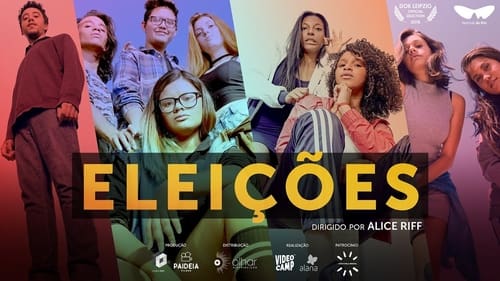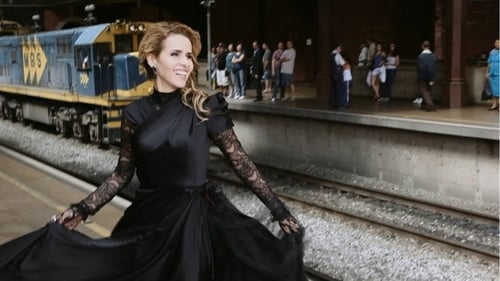
Editor

Editor

Editor
Armed with music and a message, influential hip-hop group Racionais MC's turned their street poetry into a powerful movement in Brazil and beyond.

Editorial Services
On the violent border between Brazil and Paraguay, a war is being waged around the expansion of agribusiness. On one side sits lawyer Luana Ruiz, the heiress to contested lands and one of the strongest supporters of president Jair Bolsonaro. Ruiz, like other ruralistas—rural wealthy elites and agribusiness producers who advocate for Indigenous cultural annihilation—has become empowered and her ideas of hate have flourished under Bolsonaro's anti-Indigenous agenda. On the other side sits teacher, Guarani-Kaiowá leader and activist Alenir Ximendes, embodying powerful Indigenous resistance and communal ideals. Having personally suffered losses at the hands of the ruralistas, Ximendes emerges as a powerful force against Ruiz, fighting for the protection of her community, their lands and Indigenous constitutional rights. This film contains sensitive images and dialogue in its portrayal of this urgent struggle for sovereignty.

Editor
Parents and children are reunited after 13 years apart. This is the starting point of the film, which follows the process of affective reconstruction of director Marcos Yoshi's family, crossed by the flow of migrations between Brazil and Japan, known as the dekassegui phenomenon. The story of a family of Japanese descent torn between the need to make a living and the desire to stay together.

Editor
When numerous schools in São Paulo were slated to be closed in 2015 as a result of the worsening socio-political crisis, students occupied more than a thousand public buildings in an unprecedented act of self-empowerment. Filmmaker Eliza Capai shows the development of the many-voiced protests, using news excerpts, self-conducted interviews and recordings made with activists’ own cell phone cameras. From the first demonstrations in 2013 and continuing all the way to the election of the extreme right-wing presidential Jair Bolsonaro in 2018, Capai’s highly political work becomes more and more relevant with each passing day.

Editor
It's election time for the student body. Four groups of students, with differing opinions and views of the world, create proposals, debate campaign strategies, and strive for improvements in school.

Editor

Editor

Editor
Paula, Beatriz, Giu and Fernando live in one of the poorest favelas of São Paulo. A world of marginalization and despair, in which they struggle for their rights as transgenders, but also for survival: according to the statistics from the Transgender Europe NGO, Brazil is the nation with the highest number of murders of transgender people each year. The choice to experience your body in complete freedom is a revolutionary concept and highly risky in this context. It is an affirmation of one's being. it is no coincidence that one of them, who has begun the transition phase writes in his diary: "Each hormone pill is a declaration of ownership of my body. After each pill, I feel much better in my own skin". This movie shows their daily life, their struggles and protests in a world where ignorance becomes oppression and hate: in a word transphobia.

Editor
Chico has dedicated his whole life to CINE SAO PAULO. The building, inherited from his father, is now badly deteriorated. Refurbish it, in order to make the old movie theater get back to work, becomes his great obsession.

Assistant Director
Joana suffers from a double personality and is obsessed with Anna Karenina, the character from Tolstoy's novel. Embodying the myth of Narcissus, Anna K. is the image and resemblance of Joana, stronger and more seductive.

Editor
Joana suffers from a double personality and is obsessed with Anna Karenina, the character from Tolstoy's novel. Embodying the myth of Narcissus, Anna K. is the image and resemblance of Joana, stronger and more seductive.

Editor
The artist Cildo Meireles in search of the sound of Brazil's main water basins in order to construct the sound sculpture Rio:Oir (River:Hear) created from the play on words and concepts. From Foz do Iguaçu to the Pororoca of Macapá, from the Águas Emendadas Park to the mouth of the São Francisco river, and later, in a studio, gathering the pieces and matching them to the cacophony of residual waters and human laughter.
The documentary "Listening to the River" reveals the artist's simplicity, the relation of region's inhabitants with water, and it enhances our perception between sound and image.

Editor
Through interviews and archival images, the short film unveiled tells the trajectory of Brazilian painter, draftsman and sculptor José Leonilson Bezerra Dias.

Editor









